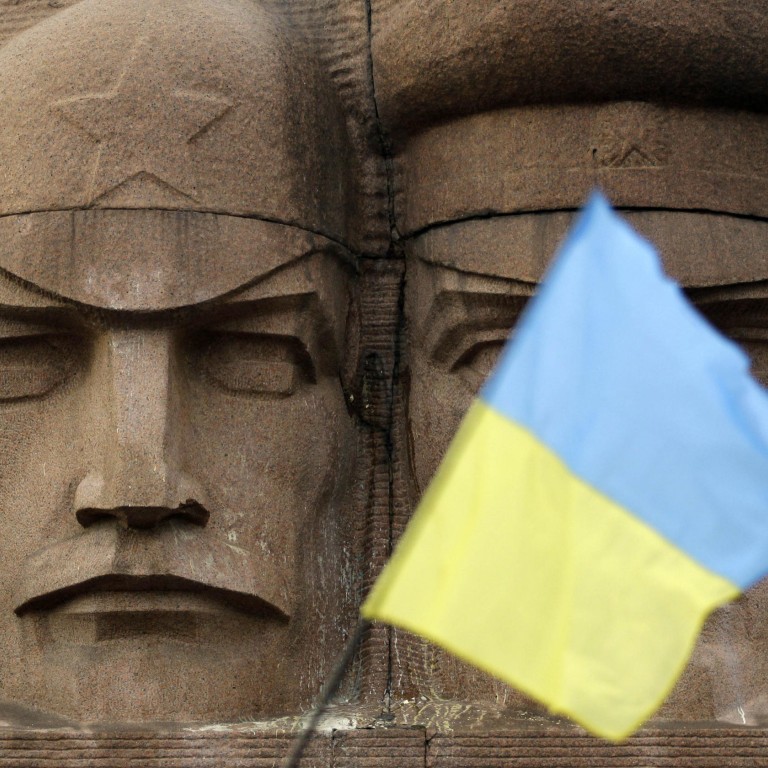
What price political risk?
While investors are paying more attention to the implications from sovereign crises, they still care much more about making money
Do investors really care about political risk?

Investors' reaction to escalating tensions in Ukraine in the most dangerous geopolitical crisis in Europe since the end of the Cold War is telling.
When financial markets opened on Monday after a weekend of turmoil, risk aversion was rife. Russia's stock market plunged nearly 11 per cent, the sharpest fall since 2008, while the country's already battered currency, the rouble, fell 3 per cent to a record low against the US dollar. It raised interest rates by 150 basis points and spent US$11 billion shoring up the rouble in response.
Markets do not perceive the dispute as one that constitutes a systemic financial risk
Global equities and bonds also fell, while commodities surged.
The mood changed dramatically on Tuesday after Russian President Vladimir Putin said the country's creeping invasion of Crimea, the Ukrainian peninsula on the Black Sea, should not be seen as a prelude to a full-scale occupation of Russian-leaning eastern Ukraine.
Russian equities rose more than 5 per cent, the rouble climbed 1.3 per cent and global stocks rallied.
Does this mean investors believe the East-West standoff over Ukraine has been resolved?
No. It simply means that markets do not perceive the dispute as one that constitutes a systemic financial risk.
Investors are right not to head for the exits, at least for now.
But it is wise to recall that the last major international event that severely undermined investor sentiment - the near-break-up of the euro zone - was triggered by a fiscal crisis in Greece, which was perceived to be of little significance to the rest of Europe's single-currency area.
Against that backdrop, it is clear that markets are too complacent, given the far more conspicuous geopolitical, economic and financial stakes involved in the standoff over Ukraine.
Trying, however, to accurately price that political uncertainty is extremely difficult.

Between 2000 and 2008, investors demanded practically no risk premium for holding Greek or Portuguese government bonds, despite the fact that southern European countries had significantly worse economic fundamentals than those in northern Europe.
The euro-zone government debt market was treated as a homogeneous bloc because of a mistaken belief on the part of investors that each member state's bonds were guaranteed by the euro zone as a whole.
Indeed, even now, when the euro zone's problems have been glaringly exposed - and, more importantly, are yet to be resolved - yields on benchmark 10-year Italian and Spanish bonds are lower than where they stood in 2006, despite a huge increase in the public indebtedness of southern Europe.
Meanwhile, in developing economies, the scale of the mispricing of risk is only beginning to become apparent as the United States Federal Reserve starts to wind down, or "taper", its programme of quantitative easing - the main pillar of support for emerging-market assets over the past several years and which has helped mask idiosyncratic risks.
Although emerging-market bond spreads narrowed sharply, partly because of a significant improvement in the economic fundamentals of the asset class compared with the 1990s, ultra-loose monetary policy allowed the borrowing costs of the most vulnerable economies to become detached from fundamentals as investors' hunt for yield took hold.
The big question is whether investors are paying more attention to the qualitative aspects of sovereign risk.
Yes - but only in part.
Investors' fear of missing out on a potential rally is stronger than their fear of getting their fingers burnt.
Greed is still the dominant emotion in the capital markets these days - although it is tempered somewhat by a degree of fear that is becoming more pronounced.

